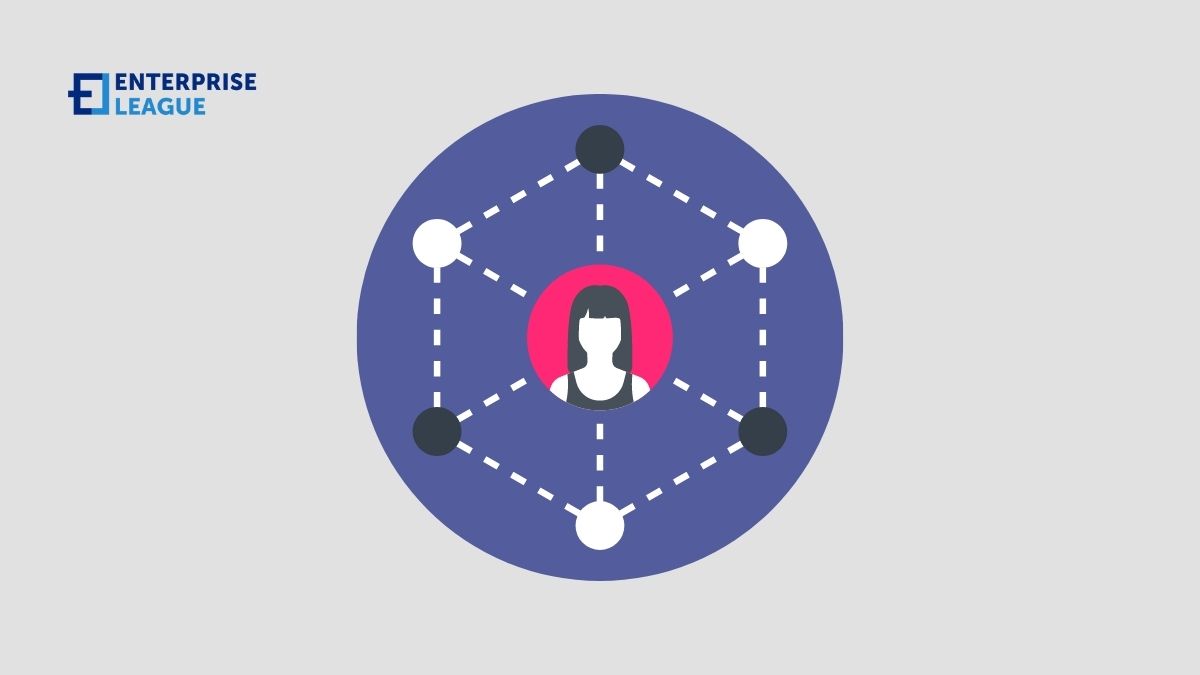Your sales strategy plan greatly depends on your business model, long term and short term goals, marketing strategy, target market etc. However, there are few bases you need to touch before declaring your sales strategy for finished. On top of that, you should remember that sales strategy planning doesn’t end when you print the final version of the document. Things happen (like pandemics and stuff) and your sales strategy should undergo revisions if you want to stay afloat.
Creating a sales strategy is a complex process and it must involve all teams and staff. Their feedback and different aspects of view would be priceless for the effectiveness of the sales strategy. In other words, you can’t just write a sales strategy yourself and give it to your employees to learn it by heart and start implementing it. It doesn’t work like that. Sometimes things may work in your head, but in practice they will flop.
10 tips for a strong sales strategy plan
The worst thing you can do with your sales strategy plan is to copy-paste it from a friend or better yet a competitor. While it may work for them, it won’t necessarily work for you. A great deal of analysing, reflecting and projecting goes into creating a sales strategy.
Base your sales strategy on your current clientele
When you are creating a sales strategy for the upcoming year, do not overlook your current clients. For financial instruments like insurance, studies show that customers will buy 7 times from 7 different companies. This is the same in many industries, no matter what you are selling.
Doesn’t it make sense to capture as much of your current clientele’s repeat business as you can? After all, they’ve already proven they like your product, process and service. They’ve self-identified as your ideal client by opening their wallet once already. Create a sales strategy that sells them more of what you have to offer and you can increase sales without increasing your marketing budget.
To execute a sales strategy based on your current clientele, we like using a personal touch like a birthday card. Birthday cards sound cheesy, but very few businesses use traditional mail to reach their clients and it really makes an impression. We send the card to arrive two weeks before their birthday, and we follow up with a call the week of their birthday just to start a conversation. Most of these conversations result in extra sales and referrals, and the best part is the program is completely on autopilot! We have automated the process through CRM software and we don’t have to think about it.
Jimmy McMillan, Owner of Heart Life Insurance
Involve your staff in the sales strategy planning
Planning out an effective sales strategy has to start with determining what your company needs out of it. Decide the targets you
Study the trends
In creating and executing a sales strategy, the best and first step to consider is to analyze and weigh all trends in all aspects before coming out with a final sales strategy. Take a detour on all the indicating and leading factors you considered in 2020 and the previous year, and see how it has directly and indirectly impacted your growth and performance as a company and as a team.
Never disregard how your competitors performed because this is pivotal in terms of knowing what to improve, develop, or retain in your product or service.
The next step is to study the indicating factor of your sales. What do you think converted a lead? Is this a one-time big-time event? How many of these sales can be repeated or manually converted? Did your salesperson become a big factor? Identify your timeline, and learn who your decision-makers are. This trend will help you understand the situation you are in, and where your company was sitting, during the recession, and the like.
Willie Greer, Founder of The Product Analyst
Put the focus on the sales process
Make sure that you’re following a consistent sales process for all your sales calls. If you allow prospective customers to lead the conversation about how to work with you then not only will that call go poorly, but you will be unable to learn and improve from call to call.
Following a sales methodology brings structure to your sales calls. This leads to a repeatable process that can be measured and iterated upon to increase your close rates. Common B2B sales methodologies are BANT, MEDDIC, and MEDDPICC. A quick search of these will outline which process is the best fit for your business, and will spark ideas for questions you should be asking on your sales calls.
Russell Morgan, Founder of Russell Morgan Consulting
Create buyer personas
My biggest tip for creating a sales strategy is to borrow Nike’s slogan “Just do it”. I see too many entrepreneurs sit on their hands because they’re afraid to make mistakes, but the cost of doing nothing is almost always higher than the cost of being wrong.
Create the best sales strategy you can, then measure results and make improvements as you go along. When you realize you’re not sure of something, make your best guess and keep moving forward. You can learn along the way, and it’s better to make mistakes than to sit idly by and wait for sales to come in on their own.
As far as execution, I recommend that you create buyer personas and always remember who you’re selling to. This allows you to focus on the problems you solve instead of the features of your product. Whether your sales strategy involves emails, phone calls, or something else, focus on the prospect and not your own product. Most people don’t care about the specific features of a product, only how the product will benefit them and help them reach their goals. When you have solid buyer personas, it will become infinitely easier to address their pain points and add value.
Dan Gower, Owner of Buddy Gardner
Work backwards
The first thing we recommend is to work backwards. Set targets for how much you want to sell, and then categorise them to measure your impact. These include:
- The profit you make per product sold
- How many people do you need to speak with/contact to get a meeting
- The number of meetings you need to attend, to win a sale
- What is the lifetime value of a client
Depending on what you have come up with numbers and metrics wise; the following may apply to you.
- Your monthly sales target
- How many sales per quarter
- The number of sales per year/ annum to hit your goals
Once you have this information, then we recommend you do research on whom you should target, and where they hang out. List your ideal prospects, and test to see whether inbound or outbound marketing would be best to reach these ideal clients.
Khabeer Rockley, Director of The 5% Institute
Set a lofty goal
Sales in my experience is about numbers. Whenever I have run a sales team, we always set a lofty goal that seems very unlikely to be achieved. Our next step is to put together a plan on what it looks like to meet that goal. How many calls or emails do you need in a day to meet it? Once we have a granular plan that we can measure ourselves against, it’s off to the races. Then you measure, evaluate, and evolve through the course of the year. We’re going through this process now for 2021.
Neal Taparia, Founder of Unscrambled Words
Study the target market
The number one tip for entrepreneurs creating sales strategies is to study their target market on a deep level. Who are they? What prompts them to buy? When do you they like to buy? Where do they buy? Where do they get information to educate themselves on what you sell? What do they care about? Before purchasing your product or service, what do they need first? After purchasing your product or service, what do they need next?
This information is used to create sales strategies such as helping your target customers self-identify with marketing visuals and messaging, knowing how to press their undesirable results if they do not purchase your product or service, knowing when to have promotional campaigns, knowing where to sell online and/or a physical location, knowing where to advertise, and knowing what charities to sponsor to get in front of them with aligned values.
Sha’ Cannon, Fractional-COO Sha’ Cannon Business Solutions
Have specific goals
When it comes to executing a sales strategy, one of the most important things is having specific goals. If your goal is just “to increase revenue in 2021”, you’ll have a hard time achieving it because you won’t know what success really is. Instead, be super specific, such as “increasing sales from enterprise customers by 20% in the first quarter of 2021”. The more precise and actionable your goals are, the easier it will be for your sales team to achieve them.
Adam Hempenstall, CEO and Founder of Better Proposals
Have a good marketing strategy
A good sales strategy starts with a good marketing strategy. I never want to sell to cold leads so I make sure to plan marketing content that attracts new leads, qualifies them, and warms them up by increasing know like and trust factor before they ever get on a sales call.
If we do our marketing job well, then I don’t have to ‘sell’, I just have to show up and make sure that the potential client is a good fit and they have a problem we can help them solve and share with them how we do that.
For 2021, we are actually creating even tighter filters so that only qualified ideal prospects end up in our programs. That means we’re thinking about the client journey and the qualities that our best clients have in common and structuring an automated process to allow those people to apply for our programs.
Kronda Adair, CEO ofKarvel Digital
Conclusion
Take these tips into account when you start with your sales strategy plan. Each is given to help you improve it. Like we said before, sales strategy planning requires approaching the issue from different sides. And it’s not rare that there are more than one road to achieve the goal. So keep your eyes open.
More must-read stories from Enterprise League:



















